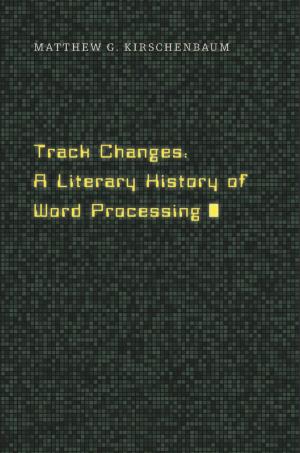Rethinking Sovereign Debt
Nonfiction, Reference & Language, Law, International, Business & Finance, Economics, Economic History, Social & Cultural Studies, Political Science, International Relations| Author: | Odette Lienau | ISBN: | 9780674727649 |
| Publisher: | Harvard University Press | Publication: | February 18, 2014 |
| Imprint: | Harvard University Press | Language: | English |
| Author: | Odette Lienau |
| ISBN: | 9780674727649 |
| Publisher: | Harvard University Press |
| Publication: | February 18, 2014 |
| Imprint: | Harvard University Press |
| Language: | English |
Conventional wisdom holds that all nations must repay debt. Regardless of the legitimacy of the regime that signs the contract, a country that fails to honor its obligations damages its reputation. Yet should today's South Africa be responsible for apartheid-era debt? Is it reasonable to tether postwar Iraq with Saddam Hussein's excesses? Rethinking Sovereign Debt is a probing analysis of how sovereign debt continuity--the rule that nations should repay loans even after a major regime change, or else expect consequences--became dominant. Odette Lienau contends that the practice is not essential for functioning capital markets, and demonstrates its reliance on absolutist ideas that have come under fire over the last century. Lienau traces debt continuity from World War I to the present, emphasizing the role of government officials, the World Bank, and private markets in shaping our existing framework. Challenging previous accounts, she argues that Soviet Russia's repudiation of Tsarist debt and Great Britain's 1923 arbitration with Costa Rica hint at the feasibility of selective debt cancellation. Rethinking Sovereign Debt calls on scholars and policymakers to recognize political choice and historical precedent in sovereign debt and reputation, in order to move beyond an impasse when a government is overthrown.
Conventional wisdom holds that all nations must repay debt. Regardless of the legitimacy of the regime that signs the contract, a country that fails to honor its obligations damages its reputation. Yet should today's South Africa be responsible for apartheid-era debt? Is it reasonable to tether postwar Iraq with Saddam Hussein's excesses? Rethinking Sovereign Debt is a probing analysis of how sovereign debt continuity--the rule that nations should repay loans even after a major regime change, or else expect consequences--became dominant. Odette Lienau contends that the practice is not essential for functioning capital markets, and demonstrates its reliance on absolutist ideas that have come under fire over the last century. Lienau traces debt continuity from World War I to the present, emphasizing the role of government officials, the World Bank, and private markets in shaping our existing framework. Challenging previous accounts, she argues that Soviet Russia's repudiation of Tsarist debt and Great Britain's 1923 arbitration with Costa Rica hint at the feasibility of selective debt cancellation. Rethinking Sovereign Debt calls on scholars and policymakers to recognize political choice and historical precedent in sovereign debt and reputation, in order to move beyond an impasse when a government is overthrown.















